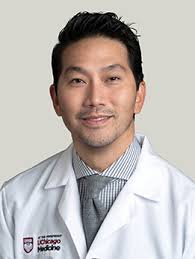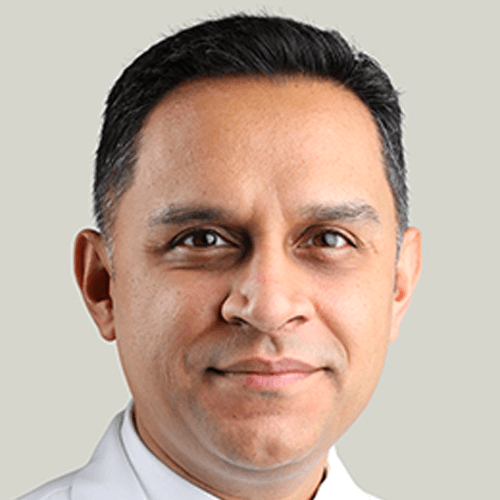Search results
Author(s):
Somsupha Kanjanauthai
,
Kabir Bhasin
,
Luigi Pirelli
,
et al
Added:
3 years ago
Transcatheter aortic valve replacement (TAVR) has been established as a therapeutic option for patients with severe symptomatic aortic stenosis who are considered to be of intermediate, high or prohibitive surgical risk.1–5 As a result of favorable TAVR outcomes and substantial improvements in transcatheter heart valve (THV) technologies and implantation techniques, the feasibility of broadening…
View more
Author(s):
Soraya M Samii
,
Javier E Banchs
Added:
3 years ago
Abstract
The concept of using an implantable device to manage arrhythmias and heart failure started over 50 years ago. Since then, we have seen these devices improve patient outcomes from bradyarrhythmias, atrial fibrillation, ventricular arrhythmias, and heart failure. These devices are now standard of care in the management of patients and include pacemakers, implantable cardioverter…
View more
Author(s):
Henry M Spotnitz
,
T Alexander Quinn
Added:
3 years ago
Surgeons have contributed studies of the pathophysiology and treatment of arrhythmias in experimental animals and patients during thoracotomy. This research has involved epicardial1 and endocardial2 pacemakers and implantable cardioverter–defibrillators (ICDs).3 Surgeons helped to define the mechanisms and ablation methods for supraventricular arrhythmias (including Wolff-Parkinson-White syndrome…
View more
Roderick Tung
Job title: Associate Professor of Medicine Director, Cardiac Electrophysiology
Author
Gaurav A Upadhyay
Job title: Associate Professor
Author
Author(s):
Soraya M Samii
,
Javier E Banchs
Added:
3 years ago
The use of implantable devices to treat arrhythmias started with the implantable pacemaker back in the late 1950s. The risks and costs of implantation limited the indications for the procedure initially. A similar pattern was seen with the initial implantable cardioverter-defibrillators (ICDs) in the early 1980s. In the late 1990s, technology of both these devices focused on the management of…
View more
Author(s):
Jeffrey Tabas
Added:
3 years ago
Approximately five million people present to the emergency department (ED) each year with chest pain, and billions of dollars are spent on assessment and treatment. Many therapies are time-dependent, so rapid identification of patients with acute coronary syndrome (ACS) - unstable angina (UA) and acute myocardial infarction (MI) - at high risk for adverse outcomes is essential. Missed or…
View more
Author(s):
Jagmeet P Singh
Added:
3 years ago
Cardiac resynchronization therapy (CRT) has achieved widespread approval as a safe and efficient therapeutic strategy for medically refractory congestive heart failure (CHF). The standard indications for CRT include patients with advanced heart failure and evidence of systolic dysfunction (ejection fraction [EF] ≤35%), conduction tissue disease (QRS duration ≥120ms), and marked cardiac symptoms …
View more
Author(s):
JM Prutkin
,
MA Chen
,
RW Rho
,
et al
Added:
3 years ago
Numerous clinical trials involving patients with severe, symptomatic heart failure and a wide QRS complex have shown benefits from cardiac resynchronization therapy (CRT). CRT can increase left ventricular ejection fraction (LVEF), decrease LV volume and mitral regurgitation, improve symptoms caused by heart failure,1-3 and may also improve mortality.4,5 Current American College of Cardiology/…
View more
Author(s):
JM Prutkin
,
MA Chen
,
RW Rho
,
et al
Added:
3 years ago
Numerous clinical trials involving patients with severe, symptomatic heart failure and a wide QRS complex have shown benefits from cardiac resynchronization therapy (CRT). CRT can increase left ventricular ejection fraction (LVEF), decrease LV volume and mitral regurgitation, improve symptoms caused by heart failure,1-3 and may also improve mortality.4,5 Current American College of Cardiology/…
View more











